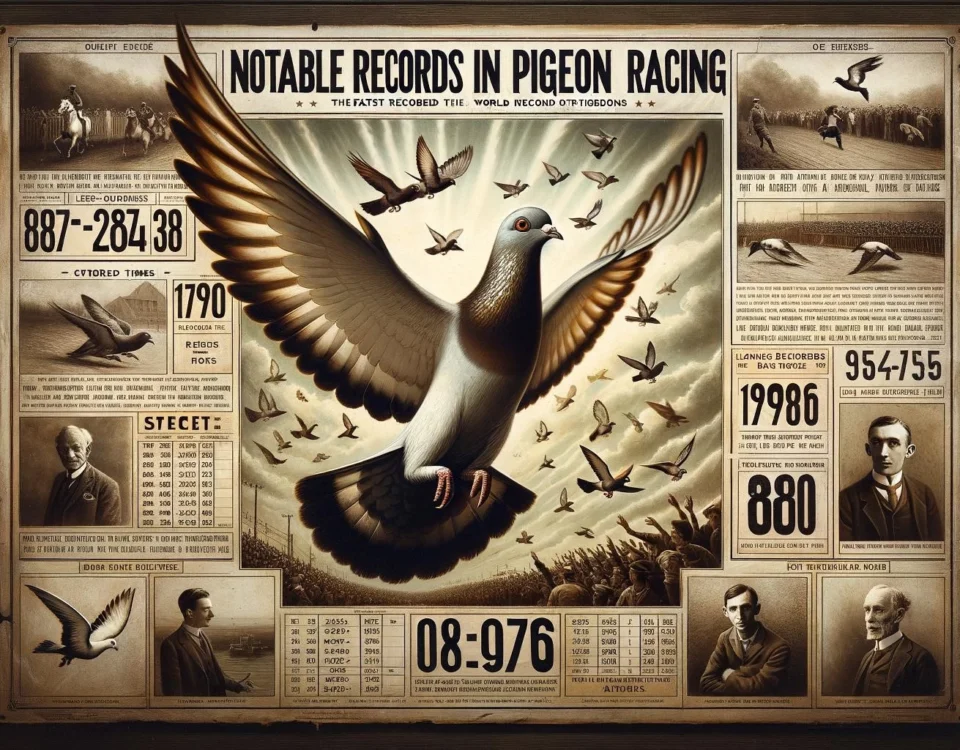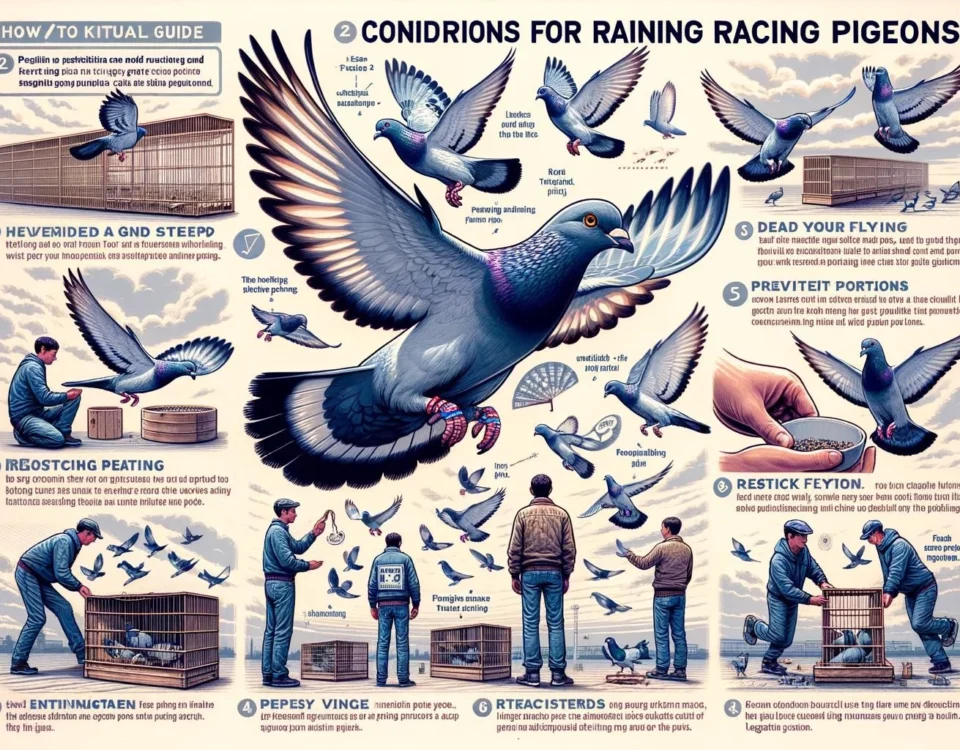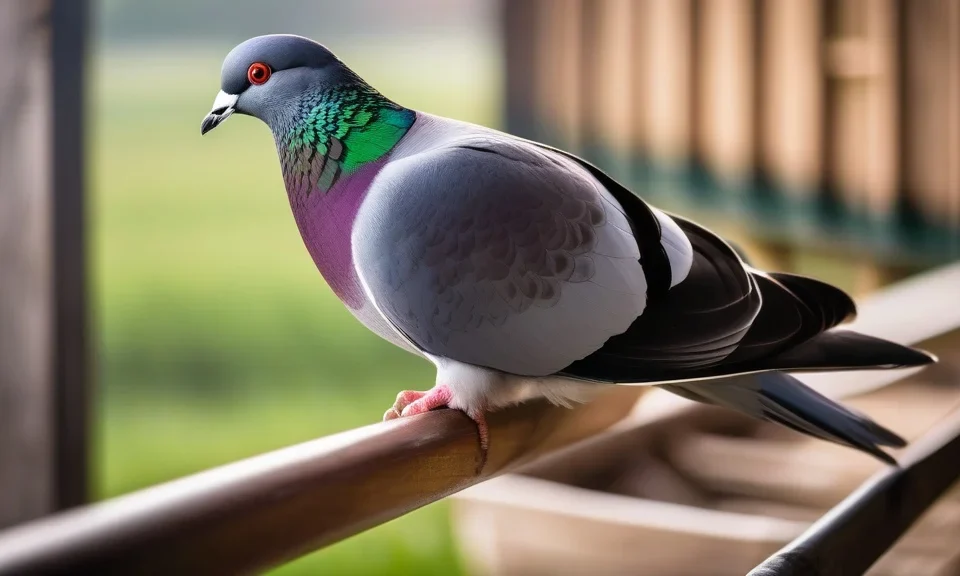- Pigeon racing is a sport where specially trained homing pigeons are released and race back to their homes over a measured distance.
- Pigeon racing has a long history and is enjoyed by millions of people around the world.
- Racing pigeons require careful breeding, training, and care to compete successfully.
- Pigeon racing can be a rewarding and engaging hobby, although some people have ethical concerns about the sport.
- Joining a pigeon racing association can provide a supportive community and additional resources for enthusiasts.
The History and Basics of Pigeon Racing
Pigeon racing is a sport that dates back centuries, with pigeons being used as message carriers by nobility, armies, and businessmen throughout history. The sport of pigeon racing as we know it today began in Belgium in the early 19th century, with the first long-distance race of over 100 miles taking place in 1818.
In pigeon racing, specially bred and trained homing pigeons are released from a specific location, and their ability to find their way back to their home loft is tested. The time it takes for each pigeon to cover the designated distance is measured, and the winner is determined based on the fastest average speed.
Racing pigeons typically have metal or plastic bands on their legs that contain identification information and help in recording the results of the race. The sport requires careful selection of breeding pairs, training the birds to navigate and build endurance, and providing proper care and nutrition.
The Thrills and Challenges of Pigeon Racing
Pigeon racing can be an engrossing and exciting hobby, offering participants the opportunity to raise and train their pigeons, compete in races, and connect with a community of fellow enthusiasts.
One of the thrilling aspects of pigeon racing is the anticipation of the birds’ return after a race. Each pigeon’s arrival is eagerly awaited and recorded, and the fastest bird is declared the winner. Racers often employ strategies such as adjusting the size of their kit of pigeons based on available space and resources and joining pigeon associations to benefit from the social aspect and learn from experienced fanciers.
However, pigeon racing also presents challenges. Maintaining proper care for the pigeons, including their health, nutrition, and training, requires dedication and time. Pigeons must be protected from predators and provided with comfortable and secure loft accommodations. Additionally, some people have ethical concerns about the sport, as racing pigeons can face risks and stress during long-distance races.
Joining the Pigeon Racing Community
Pigeon racing is not only about the individual hobbyist or racer but also about the community that forms around this shared interest. Joining a pigeon racing association can provide numerous benefits, including access to valuable resources, mentorship from experienced fanciers, and the opportunity to participate in races and events.
Pigeon racing associations often organize races and competitions, where members can showcase their birds and compete for prizes. They also offer educational programs, workshops, and social gatherings where enthusiasts can share knowledge and experiences. Building connections within the community can enrich the hobby and provide a supportive network for racers.









